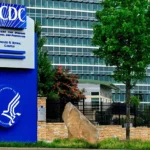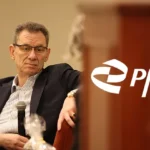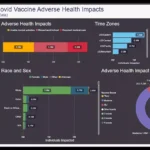The implementation of vaccine passports, especially during the COVID-19 pandemic, stirred a global debate involving ethics, public health policy, and individual rights. As nations and organizations navigated the complexities of reopening economies and borders, the utility and implications of these documents were hotly contested.
The WHO's Stance and Expert Testimony
Dr. Hanna Nohynek, a chief physician at the Finnish Institute for Health and Welfare and chair of the WHO’s Strategic Group of Experts on Immunization, testified in a Helsinki courtroom regarding the effectiveness of COVID-19 vaccines in stopping virus transmission. Despite her advice against the necessity of vaccine passports, citing they provided a false sense of security and did not halt virus transmission, the Finnish government initially proceeded with their use. This revelation highlighted discrepancies between scientific advice and government actions during the pandemic.
European Union's Digital COVID Certificate
The European Union launched the EU Digital COVID Certificate to facilitate safe and free movement during the pandemic. This certificate was pivotal in Europe's strategy to balance public health with economic and social activity, allowing citizens to travel based on vaccination, recovery, or negative test status. Despite its intended temporary nature, the certificate influenced global digital health strategies, including the WHO’s adoption of similar measures to establish a global health security network.
Impact on Global Health Policy
The use of vaccine passports sparked a broader discussion on global health governance and the ethical considerations of restricting movement based on health data. While these passports were intended to safeguard public health, they raised significant concerns about privacy, equity, and the potential for discrimination. The WHO and EU's efforts to standardize health documents underscored the need for an interoperable, fair, and transparent system that respects individual rights while ensuring public health.
Moving Forward
The controversy surrounding vaccine passports underscores the challenges of implementing global health measures that require balancing individual freedoms with collective safety. The ongoing dialogue between health authorities, governments, and the public continues to shape policies that aim to protect health without infringing on personal liberties. As the world moves towards recovery, the lessons learned from the use of vaccine passports will likely influence future public health strategies in the face of pandemics.

Carl Riedel is an experienced writer and Open Source Intelligence (OSINT) specialist, known for insightful articles that illuminate underreported issues. Passionate about free speech, he expertly transforms public data into compelling narratives, influencing public discourse.













